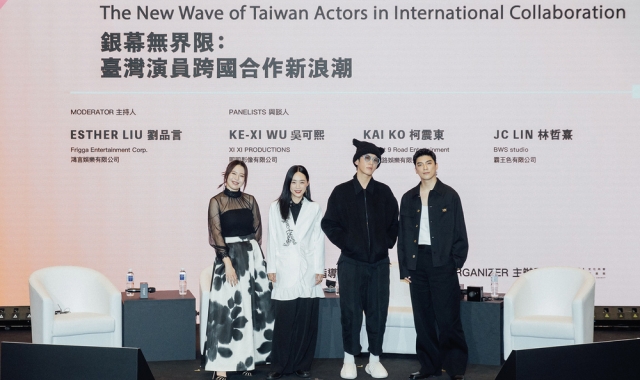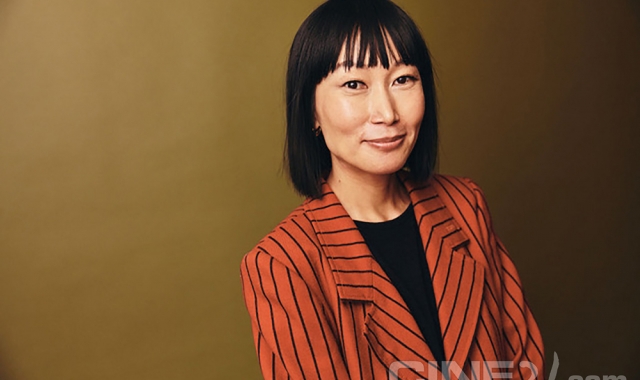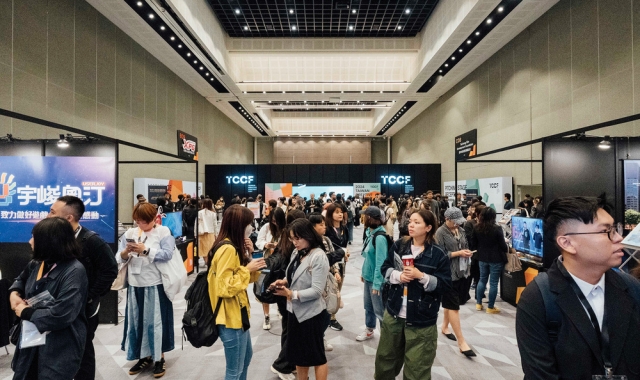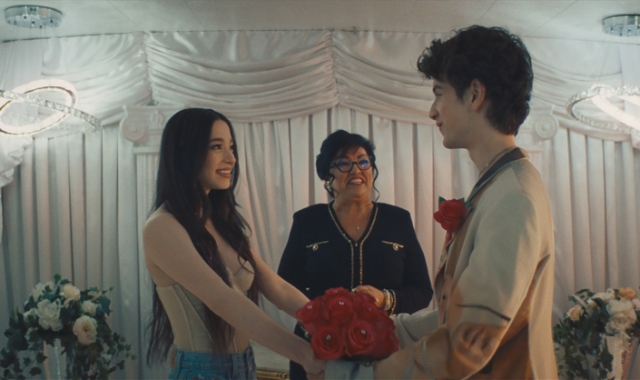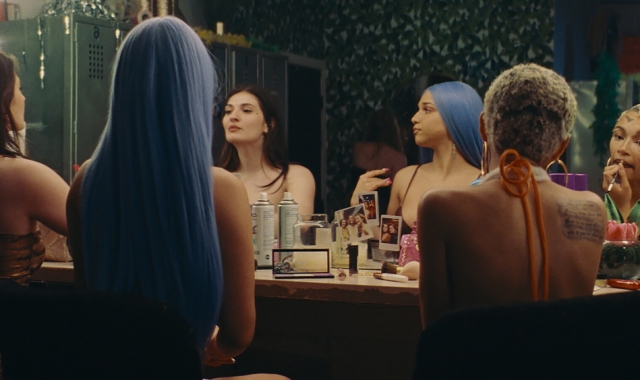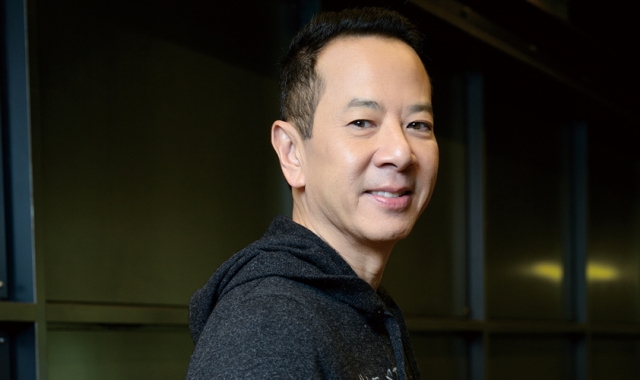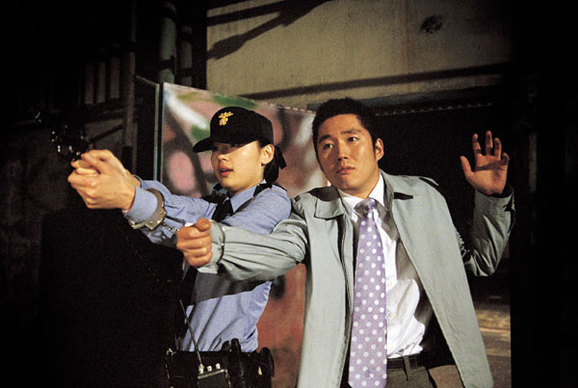
영화 오락을 볼 때 즐거움 중 하나는 영화 속에 보이는 거의 모든 것이 이유가 있어서 나온다는 것이다. 스크린에 뭔가 이상하거나 안 맞는 것이 있는 것 같으면, 영화가 끝나기 전에 이유가 드러나게 된다. 현실 생활에서 많은 것이 근본적으로 임의적이지만 영화의 세계에선 모든 것이 의미를 가진다.
그래서 몇년 전 TV드라마 <올인>을 보고 있을 때 ‘초록음료’의 수수께끼를 접하게 됐다(‘초록음료’의 상표명은 맨 끝에 가서 나오거나 아예 안 나와서 기억할 수 없다). 드라마에 나온 가장은 사랑이나 사기, 살인 같은 일상적인 화제를 논하다가 갑자기 얼굴에 훨씬 더 심각한 표정을 띠면서 아들에게 크고 거품 많은 초록음료 한잔을 권하곤 했다. 초록음료는 한번만 나온 것이 아니라 여러 에피소드에 걸쳐서 다양한 가족 구성원이 마신 것이다. 나는 의아했다. 드라마 속 아버지가 음료 속에 비밀 화학약품을 넣으면서 무슨 정신통제라도 하는 걸까? 왜 자꾸 나오는 걸까? 안타깝게도 드라마 15시간째가 돼서야 그저 좀 서투른 PPL이었다는 것을 깨달았다.
PPL은 이상화된 영화세계에 현실세계가 침투하는 것을 나타낼지도 모르지만 그렇다고 전체 작품을 돋워주는 방식이 되지 못한다는 뜻은 아니다. 친구 중 한명은 데이비드 린치가 <블루 벨벳>의 인물간 계급 차이를 나타내기 위해 서로 다른 상표의 맥주를 사용했던 것을 지적했다. 할리우드 블록버스터 <아이, 로봇>에서 윌 스미스가 안티-과학기술이란 것을 표시하기 위해 컨버스 운동화를 신고 나온다. 현실에서 컨버스사가 파산 조처를 취하고 있었고 제작비에 한푼도 더해주지 않았음에도 불구하고 말이다. 미국의 대표적인 PPL 회사는 각 브랜드가 영화에 자연스럽게 맞아들어가야 한다고 말한다. “억지로 한 것 같아 보이면 모두가 손해본다”고 한다.
나만 그렇게 생각할지 모르지만, 최근 한국영화에서 손해보는 사람이 많지 않았는지? PPL은 아직 한국 영화업계에서 상대적으로 새로운 현상이니, 어쩌면 예술적인 관심과 상업적인 관심 사이에 균형을 찾기 전까지 과잉이 생기는 것도 당연하겠다. 그렇지만 어떤 때에는 공격적인 PPL에 따르는 위험이 이득을 초과하는 일도 있다. <내 여자친구를 소개합니다>를 얘기할 때 “2시간짜리 전지현 CF”라는 말을 안 들어본 사람이 있는가? 이렇게 영화에 대한 간결하고 널리 반복되는 혹평은 흥행에서 무시할 수 없는 영향을 줄 수 있다. PPL을 삼가고 비방하는 사람들의 입에서 쉽게 나오는 이 비평을 빼앗았다면 얼마나 더 많은 영화표를 팔 수 있었을까 생각해본다.
세계적으로도 많은 광고주들이 영화가 광고 플랫폼으로서 얼마나 효력을 갖는지에 대해 재고하기 시작했다. PPL의 성공적인 케이스(예를 들어, 논의의 여지가 있지만, <매트릭스> 속편에 나온 삼성전자)마다 아무런 효과없이 돈을 들이는 경우가 훨씬 더 많다. 장기로 봤을 땐 대부분의 PPL은, 배급이 훨씬 더 쉽게 통제되며 결과를 측정하기가 쉬운 텔레비전쪽으로 이동할 것 같아 보인다.
흥미롭게도 수년간 이탈리아에서는 정부지원을 받은 영화에 PPL을 금지할 정도였다(이탈리아에서는 대부분의 영화다). 베를루스코니 정부에서 이 방침은 없어졌지만 아직 담배나 알코올, 무기 등을 영화 속에 광고하는 것은 불법이다. 이런 일을 조절하는 데 정부 법률에 의지하지 않아도 되길 바라지 않을까 싶다. 그렇지만 ‘초록음료’같이 주의를 산만하게 하는 것 없이 한국영화를 보던 날을 그리워하지 않기란 힘들다.
Mise-en-scene on sale
One of the pleasures of watching filmed entertainment is the fact that just about everything that appears in a film has been put there on purpose. If something you see onscreen seems odd or out of place, then before the end of the movie, a reason will emerge. Much in real life is essentially random, but in the world of cinema, everything has meaning.
So it was that I was watching the TV drama All-In a couple years back, when I was confronted with the mystery of the green drink. (They never did show the brand name of the Green Drink, except perhaps until the very end, so I can't remember what it was) The drama's patriarch would be discussing everyday subjects like love, fraud, or murder, when all of a sudden his face would assume a far more serious expression, and he would urge his son to have a tall, frothy glass of the Green Drink. The Green Drink appeared not once, but throughout multiple episodes, drunk by various members of the family. I was mystified. Was the father practicing some form of mind control by placing secret chemicals in the drink? Why did it keep reappearing? Alas, I was 15 hours into the drama until I realized that this was just a rather clumsy instance of product placement.
PPL may represent an intrusion of the real world into the idealized realm of cinema, but that doesn't mean that it can't be done in a way that adds to the overall work. A friend of mine points out how David Lynch used different brands of beer to represent class distinctions between characters in Blue Velvet. In the Hollywood blockbuster I, Robot, Will Smith wears Converse sneakers to signify that his character is anti-technology, despite the fact that in real life, Converse was going through bankruptcy proceedings and never contributed a cent to the production. The president of a leading PPL company in the US says that each brand has to fit the film in a natural fashion. "If it looks forced, everybody loses," he says.
Is it just me, or have there been a lot of losers in Korean cinema recently? PPL is still a relatively new phenomenon in the Korean film industry, so it's perhaps natural that there would be some overshoot before a balance is struck between artistic and commercial concerns. But sometimes the risks that come with aggressive PPL can outweigh the benefits. Who hasn't heard the term "a two-hour Jeon Ji-hyun commercial" to describe Windstruck? Such a concise, widely-repeated putdown of a film can have a measurable effect on box-office. I wonder how many more tickets the film would have sold if it had abstained from PPL and removed this easy criticism from the mouths of its detractors?
Worldwide too, many advertisers are beginning to reconsider the effectiveness of film as a platform for advertising. For every successful instance of PPL (like, arguably, Samsung Electronics in The Matrix sequels), there are many more instances where companies spend money to no noticeable effect. Long-term it appears that most PPL will be moving to television, where distribution is much more easily controlled, and it is much easier to measure the results.
Interestingly, for many years Italy went so far as to ban PPL in any film that received financial support from the state (which, in Italy, is most movies). Under Berlusconi this provision was removed, although it is still illegal to advertise tobacco, alcohol, or weapons in films. Surely one would prefer not to have to resort to government laws to regulate this sort of thing. But it's hard to not feel nostalgic for the day when we could watch Korean films without distractions like the Green Drink.
